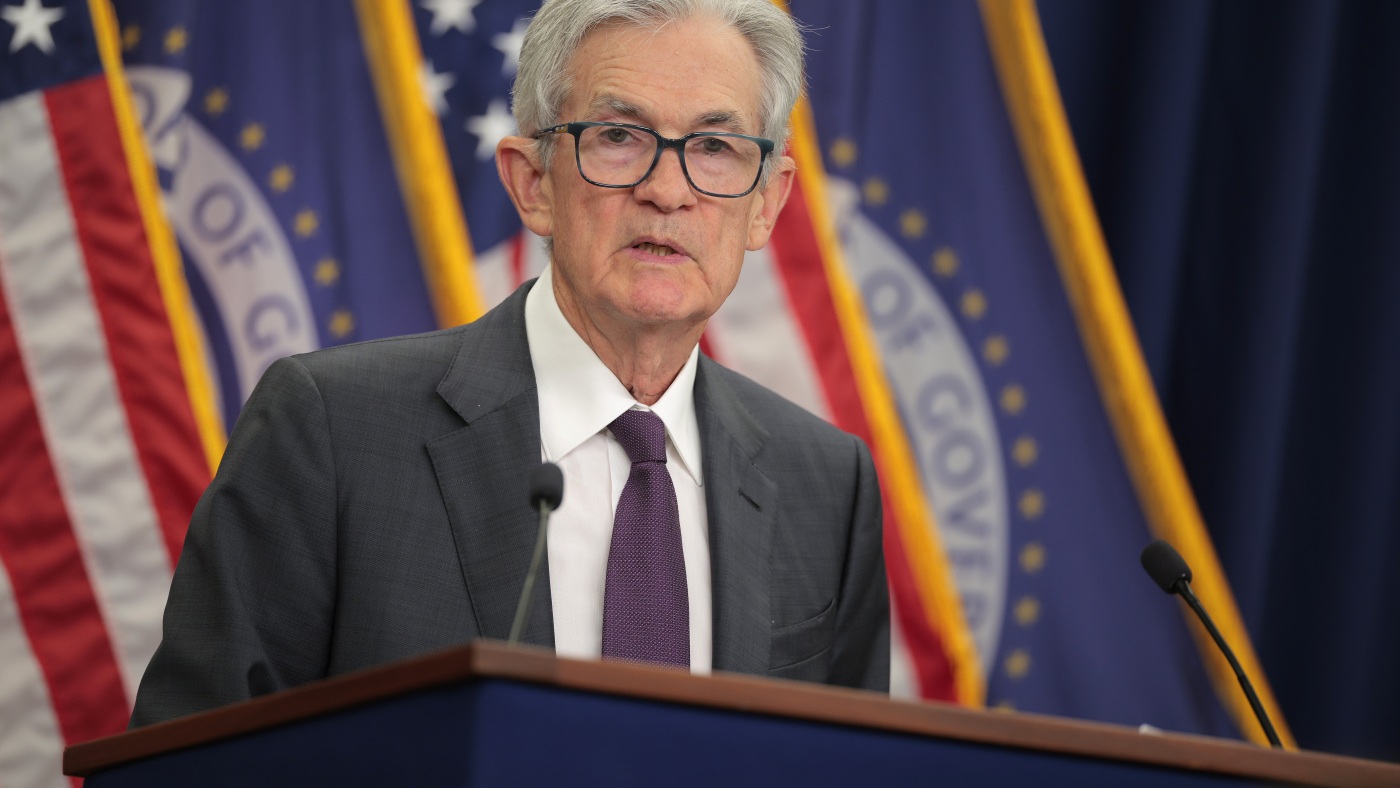The financial and political landscapes across the United States are currently experiencing significant shifts, with the Federal Reserve’s latest monetary policy decision and a groundbreaking redistricting proposal in Texas dominating headlines.
Despite persistent calls for a reduction, the Federal Reserve’s latest vote resulted in interest rates being held steady. This decision comes amidst a complex economic environment and signals the central bank’s cautious approach to monetary policy, prioritizing stability over immediate adjustments.
The benchmark interest rate, a critical tool in the Federal Reserve’s arsenal, directly influences borrowing costs for businesses and consumers alike. Maintaining these rates unchanged indicates the Fed’s intent to observe the broader economic impact of current fiscal policies and international trade dynamics before considering any further adjustments.
Notably, two Federal Reserve governors, Chris Waller and Michelle Bowman, expressed dissent, favoring a quarter-percentage point cut. Federal Reserve Chairman Jerome Powell also shed light on the economic implications of tariffs, noting that the substantial monthly collection of tariffs is largely borne by U.S. importers and retailers, rather than foreign entities.
Simultaneously, the political arena in Texas is abuzz with a proposed new redistricting map. This ambitious plan, put forth by Texas Republicans, aims to potentially secure up to five additional Republican congressional seats within the state, significantly altering the political balance of power.
This redistricting effort is particularly contentious given that Republicans already hold a considerable advantage in the chamber, and the move could further solidify their electoral dominance. The proposal highlights the strategic maneuvering underway as both major parties prepare for upcoming elections.
Early analyses, including insights from the Cook Political Report, suggest the new map could indeed help Republicans win up to 30 districts in Texas. However, this is merely the initial proposal in what is widely expected to be a prolonged and litigious process, with lawsuits from opposing parties being highly anticipated.
Democrats, while exploring options to gain House seats in other states, find themselves in a challenging position due to their long-standing support for existing redistricting rules in various states. The intricate interplay between federal monetary policy and state-level political realignments underscores a period of significant national adjustment and strategic decision-making.






Leave a Reply